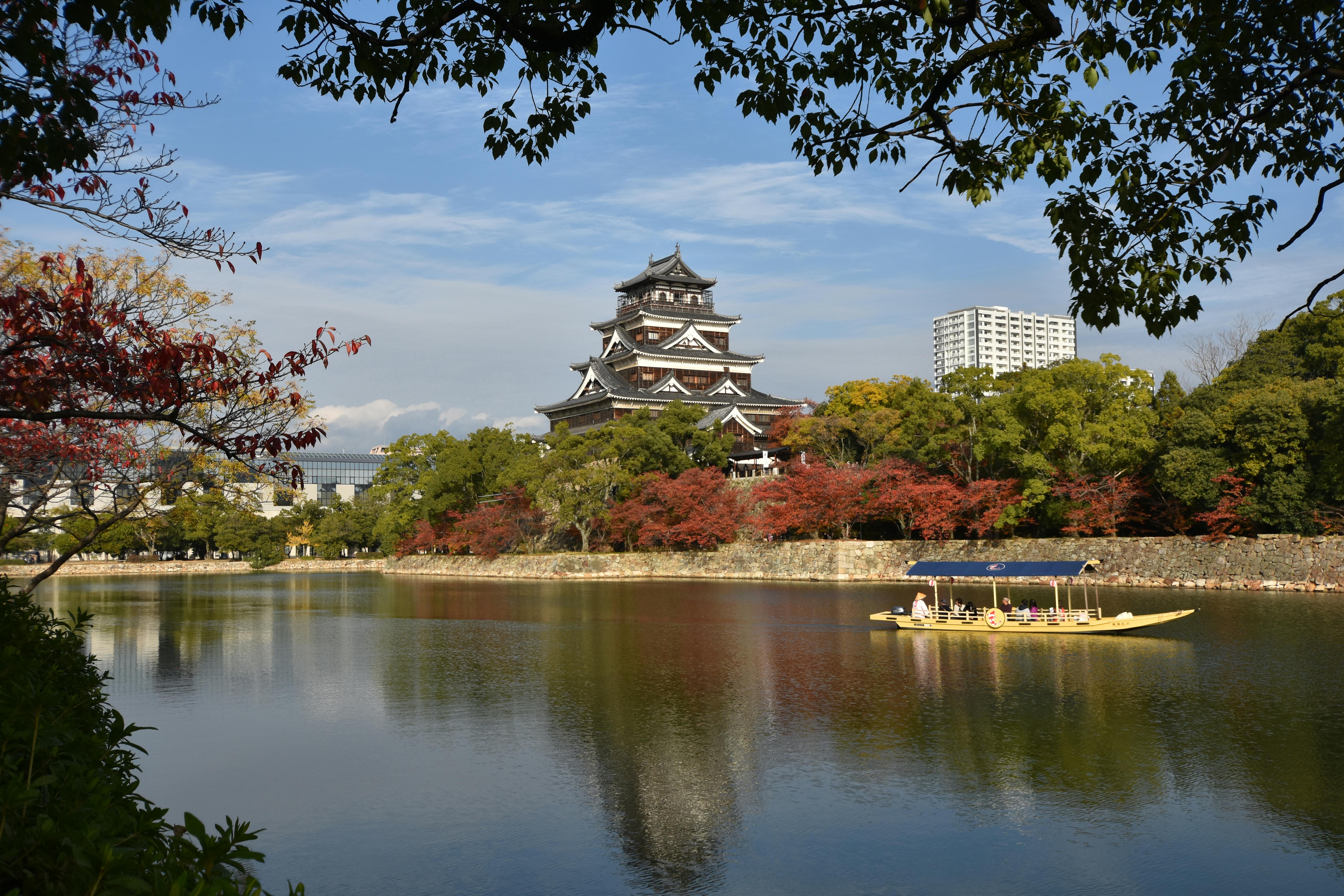What Is CPAP?
Continuous Positive Airway Pressure (CPAP) is a form of treatment used to treat sleep apnea. It involves the use of a machine that supplies a steady, gentle stream of air into the nose and/or mouth, which keeps the airways open. The air pressure is adjusted to match the patient’s individual needs, depending on their symptoms. CPAP helps to reduce snoring and other sleep-disordered breathing issues, and can improve quality of life for those who suffer from them. CPAP machines are usually used while sleeping, and the machine is connected to a mask or nasal pillows placed over the nose or mouth. CPAP machines are lightweight and easy to use, making them an ideal treatment for those who struggle with sleep apnea.CPAP therapy can provide many benefits for those suffering from sleep apnea, including improved energy levels during the day, improved moods, better overall health and better sleep quality. In addition, CPAP therapy can also help prevent serious health complications such as stroke or heart attack caused by untreated sleep apnea. If you think you may have sleep apnea and would like to try CPAP therapy as a form of treatment, it’s important to talk to your doctor about your options so that you can find the best solution for your needs.
Why Is Distilled Water Used In CPAP Machines?
CPAP machines use distilled water to provide moisture to the air that is being breathed in. This helps to reduce dryness of the air and makes it easier for the user to breathe. Distilled water is used because it contains fewer impurities than regular tap water, which can cause damage or corrosion to the machine. Additionally, distilled water has been found to be less likely to harbor bacteria or other microorganisms, reducing the risk of infection or other complications. The distilled water also helps keep the interior of the machine clean and free from dust, dirt, and other particles that can interfere with its operation. Finally, using distilled water ensures that any minerals or contaminants present in regular tap water do not enter into the lungs of the user and cause health problems.The Benefits Of Using Distilled Water In CPAP
CPAP stands for Continuous Positive Airway Pressure, and it is a device used to treat sleep apnea. The CPAP machine uses a mask that fits over the nose and mouth, and it pumps air into the lungs to help keep the airway open while sleeping. To ensure optimal performance of the machine, distilled water should be used in the humidifier chamber. The benefits of using distilled water in a CPAP machine are numerous.The first benefit of using distilled water in a CPAP is that it helps reduce the risk of bacteria and mold growth in the humidifier chamber. Regular tap water may contain minerals or contaminants that can cause bacteria or mold to grow, which can lead to respiratory infections or other illnesses. By using distilled water, these risks are minimized because it has been purified and does not contain any minerals or impurities that could encourage bacterial growth.
Another benefit of using distilled water in a CPAP is that it helps with maintenance of the device. Since there are no minerals present in distilled water, it will not leave any residue on the internal parts of the machine, which can result in clogging and buildup over time. This buildup can reduce the efficiency of the device and cause it to malfunction, so regular maintenance with distilled water is important for optimal performance.
Finally, using distilled water in a CPAP also helps improve overall comfort while sleeping. The humidity levels created by regular tap water may be too high for some people, leading to discomfort or increased allergies during sleep. With distilled water, users can adjust their humidity levels to exactly what they need for optimal comfort.
In conclusion, there are many benefits to using distilled water in a CPAP machine. It reduces the risk of bacteria and mold growth, helps with maintenance of the device, and improves overall comfort during sleep. If you use a CPAP machine at home or on-the-go, make sure you use only distilled water for best results.
Common Mistakes Related to Using Distilled Water in CPAP
Using distilled water in a CPAP machine is a common mistake that can cause many problems. Not only can it cause damage to the machine, but it can also lead to health complications. Using distilled water in a CPAP machine can also interfere with the proper function of the machine, leading to poor performance and decreased efficiency. Here are some of the most common mistakes related to using distilled water in a CPAP machine:1. Not using enough distilled water – It is important to use enough distilled water in a CPAP machine so that it can function properly. If not enough water is used, then the air pressure will not be properly balanced and could lead to decreased performance or even damage to the machine.
2. Not changing the distilled water regularly – It is important to make sure that you are changing out the distilled water in your CPAP machine on a regular basis. This will help ensure that your CPAP machine is getting clean and fresh air and will help prevent any buildup of bacteria or other contaminants from occurring inside the unit.
3. Not cleaning the humidifier chamber – Another common mistake related to using distilled water in a CPAP machine is not properly cleaning the humidifier chamber after each use. If this step is skipped, then bacteria and other contaminants can build up inside which could lead to poor performance or even health risks if they are inhaled by users of the device.
4. Not using filtered or UV-treated water – It is important to make sure that you are using either filtered or UV-treated water when filling up your CPAP humidifier chamber. This will help ensure that any contaminants that may be present in tap or well water are removed before they enter into your lungs when you use your device.
By being aware of these common mistakes related to using distilled water in a CPAP machine, you can help ensure that you are getting the best performance from your device and minimizing any potential health risks associated with its use.

What Are The Alternatives To Using Distilled Water In CPAP?
Using distilled water in a CPAP machine is the most common and recommended method for keeping the device clean and free from bacteria. However, there are other options available for those who would rather use something else.One alternative is to use filtered water instead of distilled water. Filtered water has been treated to remove impurities, chemicals, and other contaminants that could otherwise be harmful to your CPAP machine. The filters used in this process will vary depending on the specific brand of filter being used.Another alternative is to use bottled water for your CPAP device. Many companies offer bottled water specifically designed for CPAP machines, so you can be sure that it is safe to use with your device. However, it’s important to keep in mind that not all bottled waters are created equal, and some may contain more contaminants than others.You can also opt for using a dehumidifier instead of distilled or filtered water with your CPAP machine. A dehumidifier works by removing moisture from the air, which helps keep your CPAP device running at peak performance by reducing the amount of dust particles or contaminants that can accumulate inside the machine.Finally, you can also use a combination of all three methods – distilled water, filtered water, and a dehumidifier – to ensure that your CPAP machine is always running optimally and free from bacteria or other contaminants. Doing so will help keep your device functioning well for years to come.No matter which option you choose, it’s important to make sure that you’re following all manufacturer instructions when using a different type of liquid with your CPAP machine. Doing so will help ensure that your device runs safely and efficiently over time.
What Are the Benefits of Using Distilled Water in a CPAP Machine?
Using distilled water in a CPAP machine enhances user experience by preventing mineral buildup and bacteria growth. This ensures cleaner air and optimal device performance. For those seeking clarity, understanding distilled water and its applications can significantly improve sleep quality and maintain the longevity of the CPAP equipment.
Cleaning the CPAP Machine with Distilled Water
Cleaning your CPAP machine with distilled water is an important part of maintaining the device’s performance and longevity. Here are some tips for cleaning your CPAP machine with distilled water:1. Make sure to use only distilled or demineralized water when cleaning your CPAP machine. Tap water contains minerals which can damage the device over time.
2. Always use a soft cloth or sponge to clean the mask, hoses, and other components of the CPAP machine. Avoid using harsh cleaners or scrubbing too hard, as this can damage the parts.
3. Use a mild soap and warm water solution to clean any dirt or debris from the device components. Be sure to rinse thoroughly after washing to remove all soap residue from the device.
4. Disinfecting the device is recommended at least once a week, by soaking it in a solution of one part vinegar and four parts warm water for 30 minutes. After soaking, rinse thoroughly with warm water and allow it to air dry before using again.
5. Replace any parts that are cracked, frayed, or otherwise damaged as soon as possible to avoid further damage to your CPAP machine.
By following these tips for cleaning your CPAP machine with distilled water, you can help ensure its performance and longevity for years to come!
How Do I Know If I’m Using The Right Type Of Water For My CPAP Machine?
Using the right type of water for a CPAP machine is essential for its proper functioning and for the health of its users. All CPAP machines will come with instructions on what type of water to use, which can range from distilled, deionized, or filtered. It is important to follow these instructions carefully as the wrong type of water can lead to mineral build-up in the machine, which can cause bacteria and mold growth.To make sure you are using the right type of water for your particular CPAP machine, look up your model number online and find out what type of water it requires. The manual that comes with your CPAP should also have this information. Once you have determined what type of water is required, make sure you are using it in your CPAP machine. If you are unsure or if you do not have access to the recommended type of water, contact a medical supplier or your healthcare provider for advice.
It is also important to regularly replace or clean any filters in the CPAP system as these are intended to keep out dirt, dust and other contaminants that may be present in tap water. Over time, these filters will become clogged and need to be replaced or cleaned in order to keep the system running efficiently and safely.

Conclusion
Using distilled water in CPAP machines is the best way to ensure optimal performance and hygiene. It prevents scale build-up and bacterial growth, which can be hazardous to your health. Furthermore, it eliminates the need for expensive filters, as well as providing a more consistent temperature throughout the night. Finally, it eliminates any unpleasant tastes or odors that may arise from regular tap water. All of these factors make distilled water an essential part of any CPAP machine user’s set up.Overall, using distilled water in a CPAP machine is highly recommended for its overall health, safety and convenience benefits. Not only does it help to keep your breathing equipment clean and free from bacteria, it also saves you money and effort in the long run – making it a must-have for all CPAP users.

